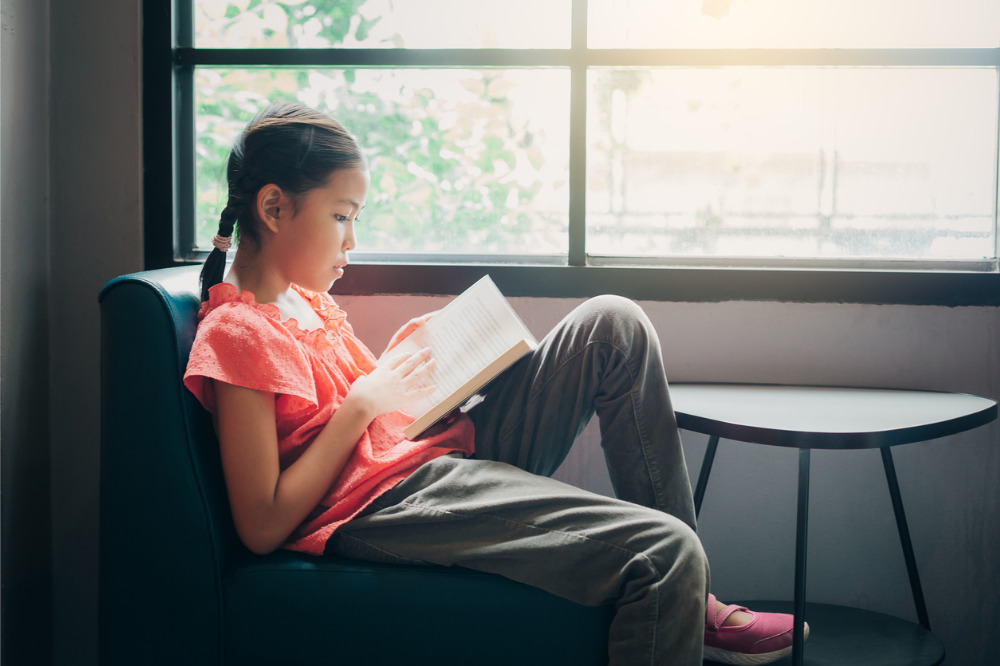
Gender stereotypes around reading may be holding boys back in the classroom, new Australian research reveals.
Researchers found that fiction was the most favoured reading genre for schoolboys compared with non-fiction, comics and magazines.
More than half (57%) the boys said they liked fiction or story books ‘a lot’ according to research based on more than 300 pupils aged from seven to eight in Australia. The study also found that girls were more likely to rate enjoyment of reading non-fiction more highly than boys (55% vs 51%).
Australian Catholic University’s Associate Professor Laura Scholes is an expert in educational semiotics from the Institute of Learning Sciences and Teacher Education.
She says the results have important implications for parents, teachers and policymakers.
“Research shows that there is a sizeable ‘fiction effect’ in reading achievement. This type of text is more important than other texts,” she told The Educator.
“This is due to time [reading fiction requires sustained commitment]; cognitive demands [narratives extent vocabulary, syntactic structures, deeper lexicosemantic networks – greater textual complexity]; and deep reading [which requires the ability to concentrate for prolonged periods of time],”.
Assoc/Prof Scholes said it must be remembered that reading is a key skill that determines an individual’s capacity to effectively participate in all areas of learning and the workplace.
“If we miss the window of opportunity to ‘hook’ students into fiction in the primary years, there may be long-term consequences,” she said.
“Attempting to match boys with books that underestimate the range, and the complexity of texts may inadvertently curtail their long-term reading confidence, competence and practices”.


